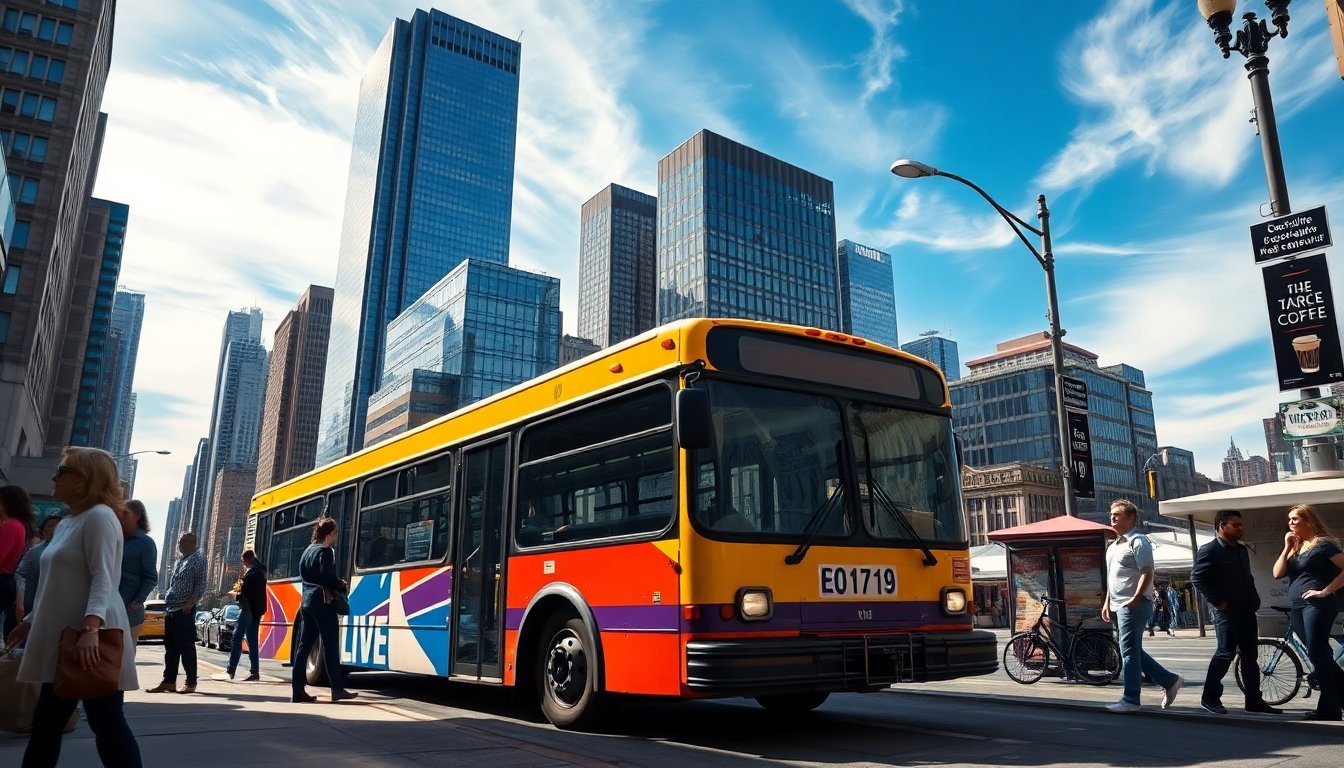Table of Contents
The facts
The candidacy of Zohran Mamdani is making waves in New York City politics. His proposal for free busing has generated considerable dialogue. As a member of the Democratic Socialists of America (DSA), Mamdani aligns with a broader ideological movement. While his vision attracts support, it also raises questions about its feasibility and potential impacts.
The DSA’s stance on international issues
The Democratic Socialists of America (DSA) has garnered attention for its recent response to the conflict between Israel and Hamas. In their statement titled “Until Palestinian Liberation,” the DSA characterized Israel’s ceasefire agreement as inadequate and called for increased resistance against what they label as Israeli apartheid. The organization also expressed doubts regarding Israel’s commitment to any agreements aimed at securing Palestinian rights or autonomy.
In light of ongoing violence and displacement, the DSA argued that a conditional ceasefire does not absolve Israel of its responsibilities. They pointed out the situation in the Occupied West Bank and areas such as Jerusalem, where illegal settlements continue to exacerbate the plight of Palestinians. The DSA asserted that Israel’s military presence inflicts suffering not only on Palestinians but also on neighboring nations like Lebanon and Syria.
The reactions to Mamdani’s statements
Amid ongoing political dynamics, Mamdani’s comments on the ceasefire have sparked significant criticism. He reiterated claims of occupation and apartheid, which have not been well received by other political figures. His remarks, intended to convey the emotional weight of the situation, included references to the release of Israeli hostages and the suffering of families in Gaza, emphasizing the necessity for a future grounded in justice.
Critics, however, contend that his statements overlooked the actions of Hamas and the complexities inherent in the conflict. New York City Councilwoman Inna Vernikov, who identifies as Jewish, described his response as a “word salad,” accusing him of failing to address the violence committed by Hamas.
Political tensions and responses
The political landscape has become increasingly complex due to the reactions from Mamdani’s opponents in the mayoral race. Former Governor Andrew Cuomo, one of Mamdani’s challengers, criticized the timing of Mamdani’s statements on the ceasefire. Cuomo suggested that this hesitance reveals significant concerns regarding Mamdani’s political priorities. His comments reflect a growing apprehension among some voters about Mamdani’s capability to handle intricate issues effectively.
Amid this scrutiny, Mamdani’s wife, Rama Duwaji, encountered backlash for publicly mourning a Palestinian influencer who supported Hamas. This incident has intensified the contentious atmosphere surrounding Mamdani’s campaign. Critics argue that such associations could jeopardize his credibility as a candidate.
The implications for New York City
Mamdani’s proposal for free public busing has emerged as a central theme in his campaign, raising significant implications for New Yorkers. Supporters advocate for increased accessibility to public transportation, while critics express concerns about the potential costs and logistical hurdles associated with implementing such a comprehensive initiative. The interplay between local policies and broader international perspectives complicates the decision-making landscape for voters.
As Mamdani confronts these challenges, the effects of his policy proposals and public statements will likely influence the trajectory of New York City. The ongoing debate surrounding his candidacy mirrors wider political discussions across the United States, highlighting the difficulty of reconciling progressive values with practical governance.


